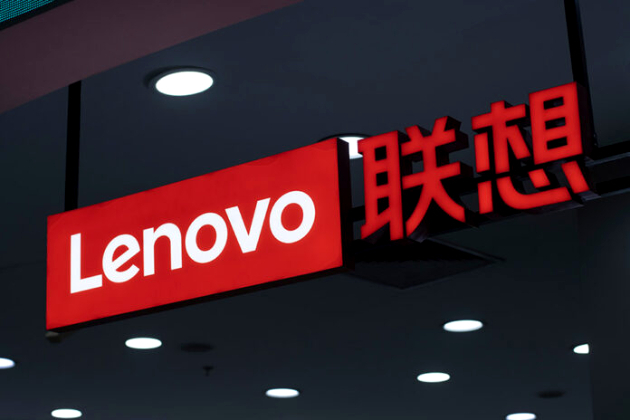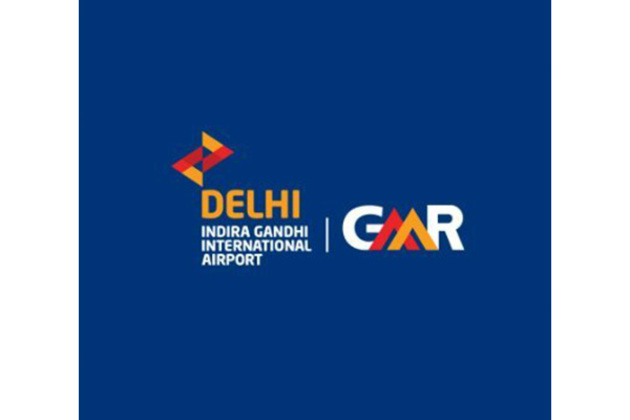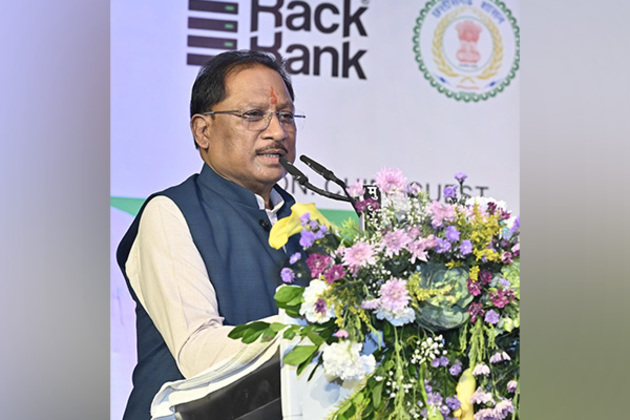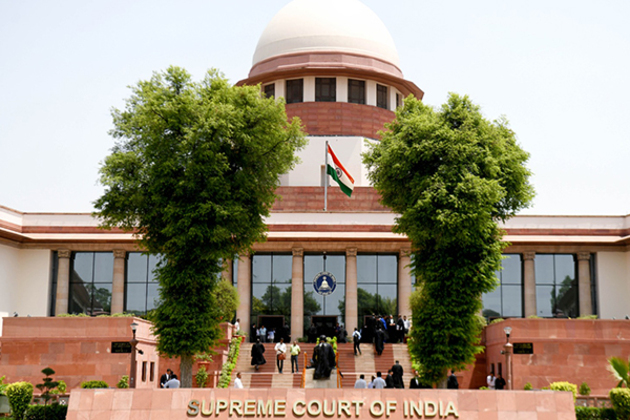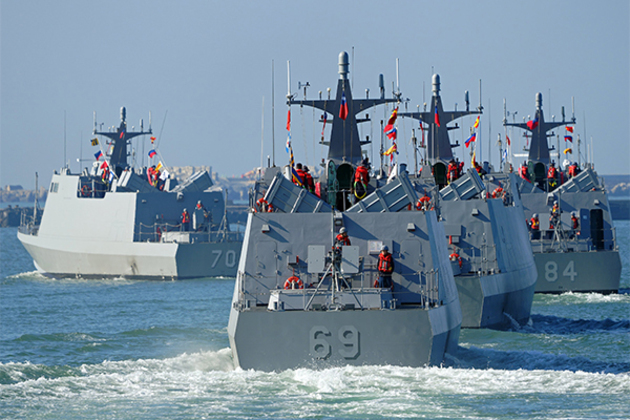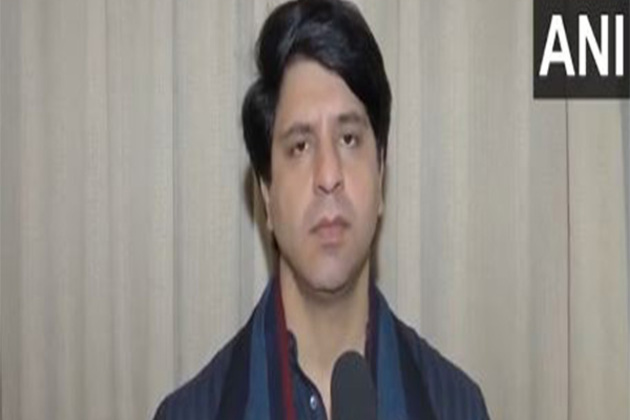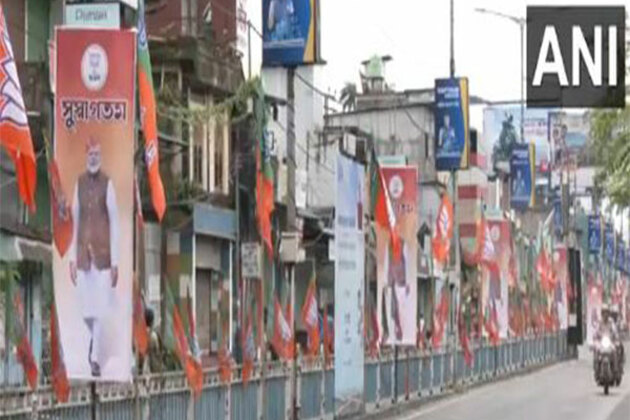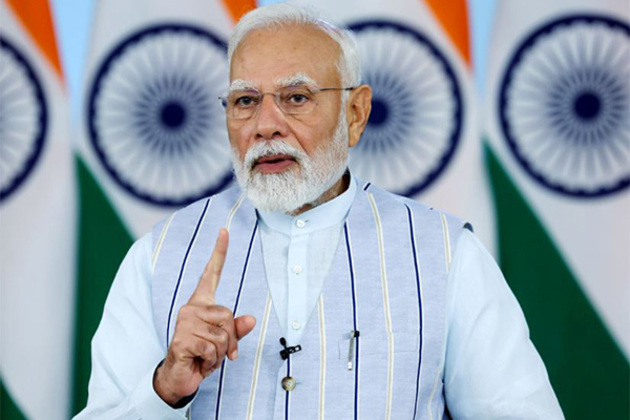Column: State Armor's nefarious war on so-called "China Threat" -- Dangerous agenda under guise of patriotism
Xinhua
29 May 2025, 15:45 GMT+10
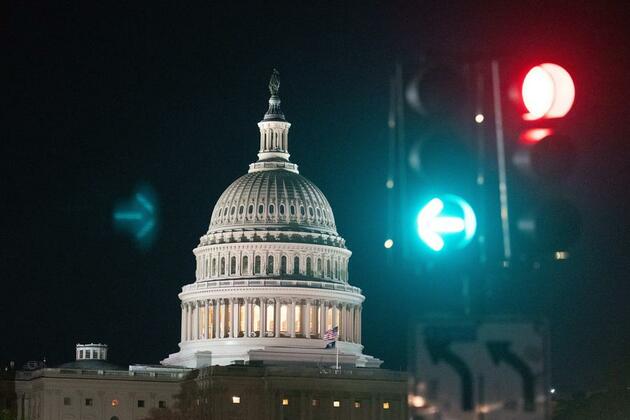
State Armor, under the guise of patriotism, promotes fear-driven anti-China policies that risk economic harm, foster xenophobia, and escalate U.S.-China tensions, prioritizing profits and political manipulation over genuine national security.
by Zhang Siyuan
State Armor, an organization claiming to protect American states from the so-called "China threat," has been lobbying legislators and testifying at hearings across multiple states to advance its anti-China agenda. In just over a year since its founding, it has engaged in the legislative processes of at least 12 states under the pretext of patriotism.
State Armor may fancy itself as Siegfried from the Ring of the Nibelung, clad in armor to slay the "evil red dragon" from the East. However, the real world is far more complex than opera. Whether the self-styled advocacy group is truly protecting America as it claims remains highly questionable.
Question One: Problem shooter or problem maker? How does State Armor cry out against China in the United States?
State Armor deliberately fans the flames of the "China threat," distorting normal economic and technological competition into a zero-sum game, viewing student exchanges as Chinese infiltration and openly calling for comprehensive decoupling from China.
This obsessive, confrontational logic is nothing more than political manipulation under the guise of "national security."
Its portrayal of the so-called "China threat" is essentially about peddling fear, fostering xenophobia and stoking anti-China sentiment, echoing the McCarthyism of the 1950s.
History has proven that McCarthyism resulted in no security, but a social divide. China's development is an opportunity for global progress, not a threat. We should remember the darkness of McCarthyism and ensure that the tragedies of that era are never repeated.
Question Two: More resilient or vulnerable? What are the consequences of State Armor's economic agenda?
State Armor claims to promote a more resilient economy by building "free" supply chains and protecting critical infrastructure.
Wrapped up as "patriotic actions," these policies are, in fact, spoiling local economies and badly affecting the job market.
From the agricultural heartland of the Midwest to the tech corridors of Silicon Valley, from the Rust Belt of auto manufacturing to the energy ports of the Gulf of Mexico, the ripple effects of decoupling and supply chain disruption are hollowing out the competitiveness of the U.S. local economy.
Countless American communities are paying the real price.
According to Goldman Sachs, extreme U.S.-China decoupling could cost 2.5 trillion U.S. dollars in equity and bond sell-offs. Oxford Economics predicted that the U.S. gross domestic product could fall by 1.4 percentage points due to tariffs on China, translating to hundreds of billions of dollars in lost wealth every year. The majority of this loss will be borne by local economies.
As some American think tanks have put it, "A truly strong America should open up opportunities through competition, not isolate itself in fear."
Question Three: Patriots or profiteers? What are the true motives behind State Armor?
Although State Armor presents itself as a non-governmental organization, its logic and transparency are deeply flawed.
The organization consistently avoids disclosing its funding details, neither adhering to the standard disclosure practices of non-profits nor providing the public with a list of donors or funding sources.
This unusual financial secrecy stands in stark contrast to its high-profile promotion of a "public interest" image, leading to widespread suspicion that it is a dark money laundering organization operating with opaque finances.
More troubling is that State Armor, through carefully orchestrated social media campaigns and offline activities, deliberately makes up the illusion of "spontaneous patriotic action by the people." This is fundamentally different from genuine grassroots organizations and is a classic example of astroturfing.
A Wall Street Journal report in April further exposed this facade, revealing that several wealthy China critics close to Michael Lucci, State Armor's founder and CEO, could benefit from more hawkish state policies.
This duality, pursuing profit under the guise of patriotism, reveals that State Armor's so-called "patriotism" is essentially a tool for capital to manipulate public opinion.
Question Four: Safer or more dangerous? What are the real risks State Armor poses to U.S.-China relations?
The State Armor website is filled with inflammatory rhetoric, promoting ideological confrontation and advocating for a "new Cold War" against China.
The organization, named after military equipment and exuding an atmosphere of war, is doing everything possible to trumpet a more dangerous confrontational logic than even the Cold War era, state by state.
This typical Cold War mentality will only impair mutual trust between the United States and China, fueling populist sentiments against each other. It not only goes against the tide of history but will also severely harm the fundamental interests of people in both countries, potentially dragging the two countries into catastrophic geopolitical confrontation. It brings on no security, but greater risk.
Rather than a dragon-slaying savior, State Armor seems more like the Siren of Greek myth, luring states toward the jagged rocks of division with its seductive song.
The public should stay vigilant against State Armor and its ilk, lest they fall prey to the Siren's call -- unwittingly steering America into the treacherous waters of McCarthyism and ultimately harming the interests of states.
Editor's note: Zhang Siyuan is a Beijing-based commentator on international affairs, writing regularly for Xinhua News, Global Times, China Daily, etc.
The views expressed in this article are those of the author and do not necessarily reflect the positions of Xinhua News Agency.
 Share
Share
 Tweet
Tweet
 Share
Share
 Flip
Flip
 Email
Email
Watch latest videos
Subscribe and Follow
Get a daily dose of International Technology news through our daily email, its complimentary and keeps you fully up to date with world and business news as well.
News RELEASES
Publish news of your business, community or sports group, personnel appointments, major event and more by submitting a news release to International Technology.
More InformationComputers
SectionChina’s Lenovo profit plunges 64%, misses estimates sharply
BEIJING, China: China's Lenovo reported a steep 64 percent drop in fourth-quarter profit, falling significantly short of analyst expectations...
Favorable biz environment fuels South Asian culinary ventures in China
LANZHOU, May 29 (Xinhua) -- Mint-green sofas, glistening crystal wall lamps, mosaic-tiled walls, and the rich aroma of spiced South...
Delhi Airport emerges among Top 10 hubs in Asia-Pacific and Middle East region
New Delhi [India], May 28 (ANI): Delhi Airport is the only Indian airport to be among top 10 hub airports in the Asia-Pacific and Middle...
IndiGo to be first airline to commence operations from Navi Mumbai airport
Mumbai (Maharashtra) [India], May 28 (ANI): IndiGo will be the first airline to commence commercial flight operations from Adani Group-owned...
India's first AI SEZ in Chhattisgarh RackBank to invest Rs 1000 crores
Raipur (Chhattisgarh) [India], May 27 (ANI): India's first AI-centric Special Economic Zone (SEZ) is being established in Nava Raipur,...
SC refuses to entertain plea against construction of Jetty at Radio Club; asks Bombay HC to decide case
New Delhi [India], May 27 (ANI): The Supreme Court on Tuesday refused to entertain a plea challenging the Bombay High Court order,...
Internet
SectionColumn: State Armor's nefarious war on so-called "China Threat" -- Dangerous agenda under guise of patriotism
State Armor, under the guise of patriotism, promotes fear-driven anti-China policies that risk economic harm, foster xenophobia, and...
Taiwan 'ejects' Chinese Coast Guard ships near Kinmen amid rising maritime incursions
Taipei [Taiwan] May 29 (ANI): Taiwan's Coast Guard Administration (CGA) announced on Wednesday that it 'ejected' four vessels of the...
"Congress Attacks Its Own Leaders When Pakistan Is Exposed: BJP's Poonawalla"
New Delhi [India] May 29 (ANI): Bhartiya Janta Party spokesperson Shehzad Poonawalla accused Congress of attacking its own leaders...
PM Modi to Inaugurate Rs 1010 Crore City Gas Distribution Project in Alipurduar, Cooch Behar districts today
Alipurduar (West Bengal) [India], May 29 (ANI): West Bengal's Alipurduar is all set to welcome Prime Minister Narendra Modi today,...
Favorable biz environment fuels South Asian culinary ventures in China
LANZHOU, May 29 (Xinhua) -- Mint-green sofas, glistening crystal wall lamps, mosaic-tiled walls, and the rich aroma of spiced South...
PM Modi unable to visit Sikkim due to inclement weather, addresses virtually
New Delhi [India], May 29 (ANI): Prime Minister Narendra Modi has been able to travel to Gangtok on Thursday to participate in the...

